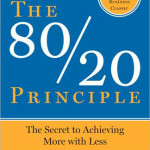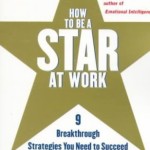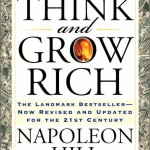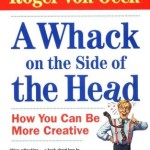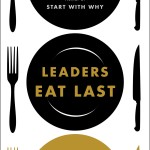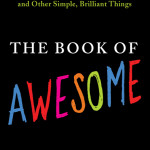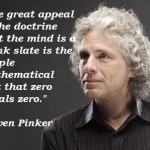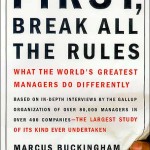“The range of what we think and do is limited by what we fail to notice. And because we fail to notice that we fail to notice there is little we can do to change until we notice how failing to notice shapes our thoughts and deeds.”
Emotional intelligence (EQ) is the ability to monitor one’s own and other people’s emotions, to discriminate between different emotions and label them appropriately, and to use emotional information to guide thinking and behavior. There are three models of EQ. The ability model, developed by Peter Salovey and John Mayer, focuses on the individual’s ability to process emotional information and use it to navigate the social environment. The trait model as developed by Konstantin Vasily Petrides, “encompasses behavioral dispositions and self perceived abilities and is measured through self report” The final model, the mixed model is a combination of both ability and trait EQ. It defines EQ as an array of skills and characteristics that drive leadership performance, as proposed by Daniel Goleman.
Studies have shown that people with high EI have greater mental health, exemplary job performance, and more potent leadership skills. Markers of EQ and methods of developing it have become more widely coveted in the past few decades. References to EQ can be found in historical books from Sri Lanka.[citation needed]
Criticisms have centered on whether EQ is a real intelligence and whether it has incremental validity over IQ and the Big Five personality traits. [From: Wikipedia.com]
“Our emotional mind will harness the rational mind to its purposes, for our feelings and reactions– rationalizations– justifying them in terms of the present moment, without realizing the influence of our emotional memory.”
Everyone knows that high IQ is no guarantee of success, happiness, or virtue, but until Emotional Intelligence, we could only guess why. Daniel Goleman’s brilliant report from the frontiers of psychology and neuroscience offers startling new insight into our “two minds”—the rational and the emotional—and how they together shape our destiny.
Through vivid examples, Goleman delineates the five crucial skills of emotional intelligence, and shows how they determine our success in relationships, work, and even our physical well-being. What emerges is an entirely new way to talk about being smart.
The best news is that “emotional literacy” is not fixed early in life. Every parent, every teacher, every business leader, and everyone interested in a more civil society, has a stake in this compelling vision of human possibility. [From: Amazon.com]
“When the eyes of a woman that a man finds attractive look directly at him, his brain secretes the pleasure-inducing chemical dopamine – but not when she looks elsewhere.”
What factors are at play, asks the author, “when people of high IQ flounder and those of modest IQ do surprisingly well?” Those qualities, such as self-control, persistence and motivation, are known as emotional intelligence or EQ. Without them, writes Goleman, careers are often unnecessarily dashed on the rocks. There is hope, though: “Temperament is not destiny,” he writes. The author explains how a higher EQ can be developed through psychological education. The compelling ideas the author introduces have since become a means of assessing and nurturing an employee’s behavior and management skills. [From: Content.time.com]
Scientific data emerging from studies using new brain imaging technologies have yielded fresh understanding of how emotions work and, argues the author, suggest ways to regulate the more negative emotions responsible for the horrendous acts of violence that are the stuff of daily headlines. The book calls for universal adoption of educational curricula that teach youngsters how to regulate their emotional responses and to resolve conflict peacefully. Along the way Goleman summarizes much of the best psychological work of the last few decades on such topics as the importance of learned optimism, the theory of multiple intelligences, the role of innate temperamental differences, and the importance of emotional intelligence in marriage, management, and medicine. Based on good empirical data (unlike many popular psychology books), this fine example is recommended for academic and larger public libraries. [From: Barnesandnoble.com]
If you like this story, CLICK HERE to join the tribe of success-minded people just like you. You will love our weekly quick summaries of top stories, talks, books, movies, music and more with handy downloadable guides, cheat sheets, cliffs notes and quote books.
And, you can opt-out at any time – no strings, promise… CLICK HERE


